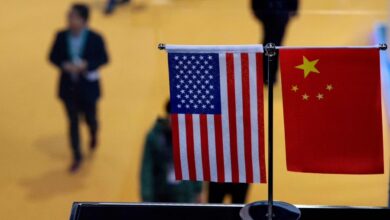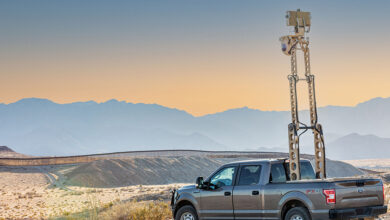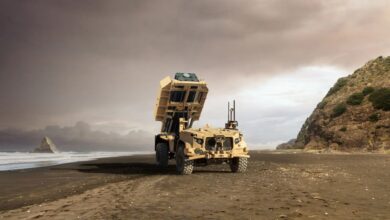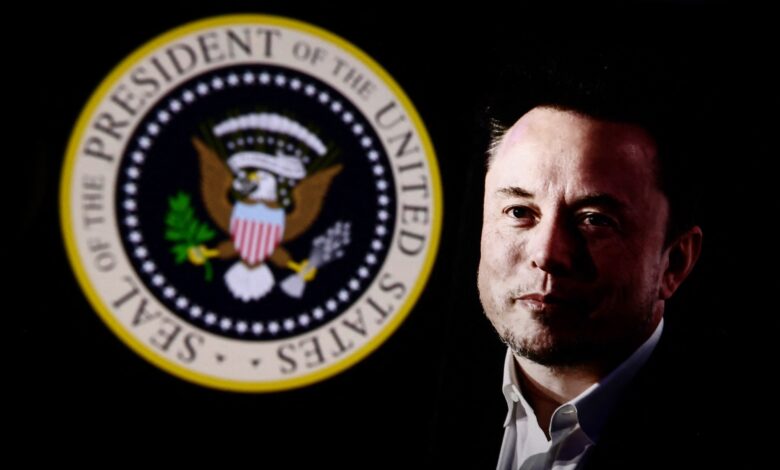
President Donald Trump is clearly benefiting from Elon Musk’s enthusiastic support, with Musk’s leadership role as co-chair of the Department of Government Efficiency (DOGE) giving him direct influence over US policy.
But Musk’s growing influence now seems to extend into shaping Trump’s defense policy, raising serious national security concerns.
Trump has already appointed Jared Isaacman, Musk’s associate and a tech billionaire who collaborated with SpaceX on the first private spacewalk, as NASA Administrator.
Another Musk ally, Ken Howrey, may get the nod for the ambassadorship to Denmark, where he will lead the campaign for Greenland.
Additionally, SpaceX investor Emil Michel has been tapped as the next Under Secretary of Defense for Research and Engineering.
Growing Web of Musk Affiliates in Trump’s Administration
Musk is not the first close advisor of a president to influence personnel decisions, but the sheer number of Musk and SpaceX-connected appointees may pose national security concerns.
If Musk’s mandate at DOGE is to boost government efficiency, he should start by cleaning his own companies of their concerning ties to countries like China.
Air Force Secretary Frank Kendall and NASA Administrator Bill Nelson have already expressed concerns about Musk’s reported meetings with foreign leaders, which were not disclosed as required.
The New York Times reported in December 2024 that these violations have triggered three separate federal reviews by the Defense Department, Air Force, and Pentagon’s Office of the Under Secretary of Defense for Intelligence and Security.
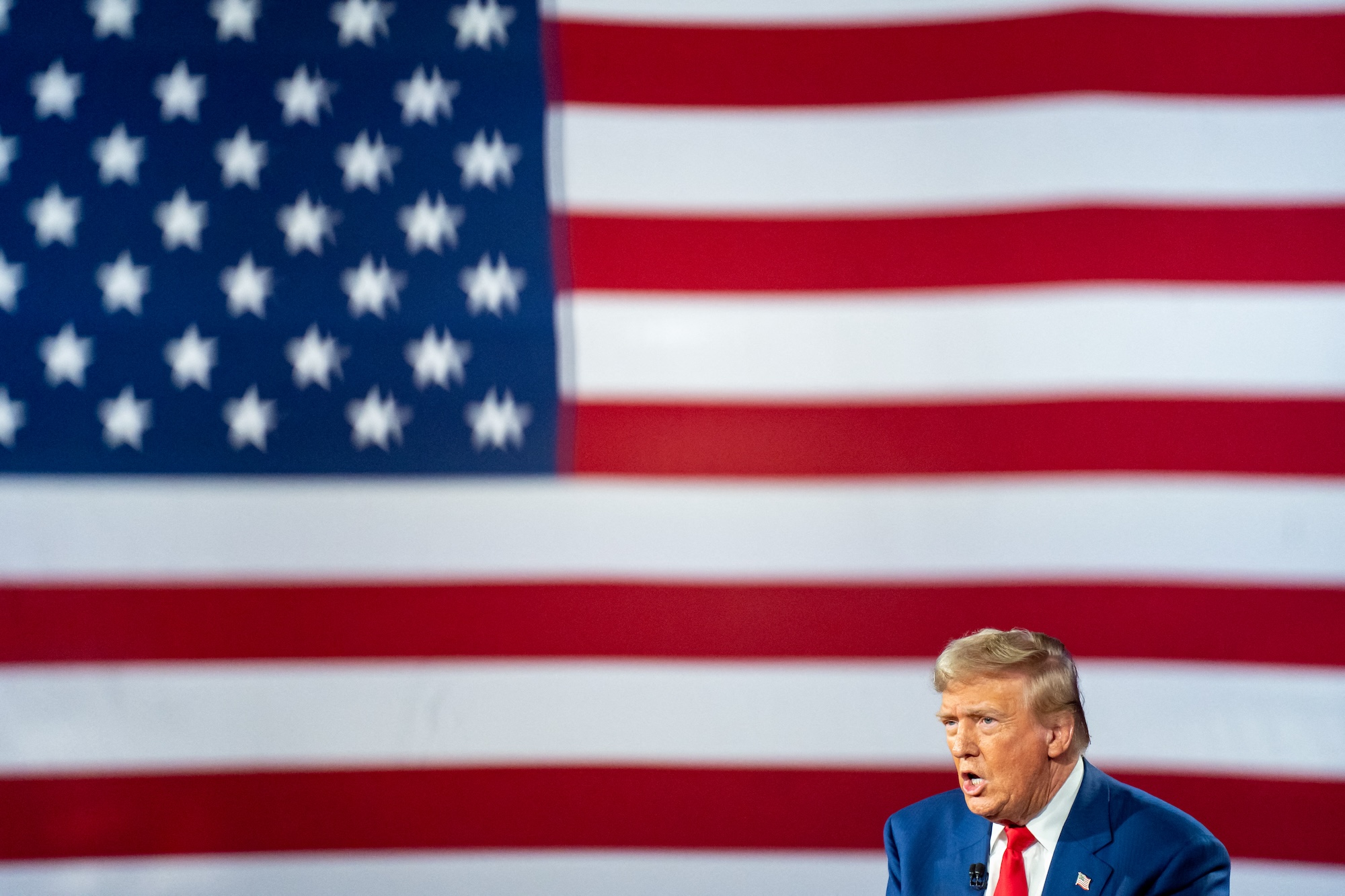
China’s Influence and Tesla’s Dependence
Perhaps more crucially, though, is how Musk’s businesses are uniquely exposed in China, which may make him vulnerable to pressure from the People’s Republic of China (PRC).
Notably, the PRC’s laws state that companies operating in the country are required to share sensitive information with the government upon request.
That is cause for concern because historically, Musk has depended on not only China’s economy but also its government’s checkbook, with Tesla taking $1.4 billion in loans from Chinese banks to build its Shanghai Gigafactory.
With China now accounting for 36.7 percent of Tesla’s global sales, it’s understandable why Musk has praised China’s “economic prosperity” and the leadership of the Communist Party.
Getting along with the PRC’s leadership appears to be what is best for his business interests. What would be harder to justify, however, is if the Trump administration allows so many of its defense nominees and appointees to be so heavily tied to Musk and SpaceX, given these concerns.
SpaceX’s Near-Monopoly: A National Security Risk?
SpaceX’s dominance in the US launch industry is another risk.
In 2023, SpaceX conducted 90 percent of the country’s launches, giving the company a near-monopoly on America’s space infrastructure. With all these SpaceX-connected officials in the Trump administration, this dominance could become even more entrenched.
With the United States and China in a heated space race, is it in America’s security interest for SpaceX to maintain such a stranglehold over the US space system?
Musk may not intend to directly benefit the PRC, but his business ties to the country and relationships with its leaders could indirectly jeopardize America’s defense interests.
China has a long history of cyber espionage targeting US space companies, and Musk’s businesses have already been affected.
In December 2024, the Department of Justice charged a Chinese national with stealing Tesla’s battery technology, which the department said “stood to benefit the PRC in a critical industry with national security implications.”
SpaceX’s purchase of millions in Tesla battery components only increases the likelihood of sensitive information being compromised.

Blurred Lines: Musk as a Government Envoy
The Trump administration has also used Musk as an informal envoy to foreign nations, including the Islamic Republic of Iran, a strategic partner of China.
Such actions suggest a troubling lack of oversight and an underestimation of the risks involved in Musk’s dual roles as a private entrepreneur and a government advisor.
Bolstering government efficiency is not just about cutting red tape. It must also include ensuring that the government’s contractors and advisors are free from conflicts of interest and foreign influence.
Hopefully, Musk will understand this and work to lessen his business’ exposure to China and other nations of concern.
If he is unwilling, the Trump administration must reevaluate the extent of his influence, because national security must never be compromised for the sake of expediency or personal relationships.
 James Durso (@james_durso) served in the US Navy for 20 years and has worked in Kuwait, Saudi Arabia, and Iraq.
James Durso (@james_durso) served in the US Navy for 20 years and has worked in Kuwait, Saudi Arabia, and Iraq.
The views and opinions expressed here are those of the author and do not necessarily reflect the editorial position of The Defense Post.
The Defense Post aims to publish a wide range of high-quality opinion and analysis from a diverse array of people – do you want to send us yours? Click here to submit an op-ed.


